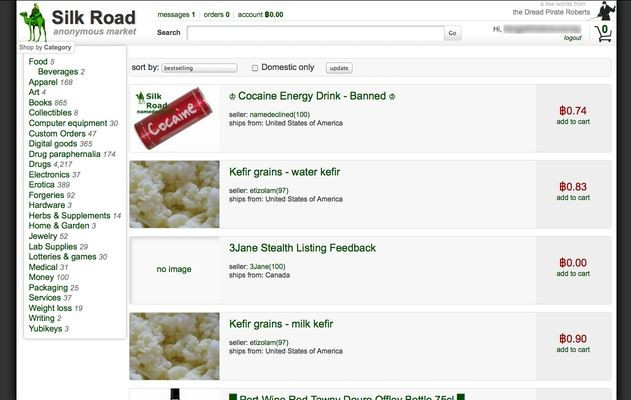Silk Road Investigator Shaun Bridges To Plead Guilty After Allegedly Stealing $820K In Bitcoin From Drug Market

Shaun Bridges, a computer forensics expert who helped investigate the Silk Road drug marketplace, has agreed to plead guilty to money laundering and obstruction of justice. Bridges, who was accused of stealing $820,00 in bitcoin, is one of two former federal agents accused of breaking the law in the process of taking down the online black market that was the subject of a highly visible trial early this year.
Bridges worked for the U.S. Secret Service as part of a Baltimore task force dedicated to stopping the Silk Road, which facilitated hundreds of millions of dollars in drug sales in a hidden corner of the Internet. When Bridges arrested a Silk Road customer service representative, he used log-in credentials gleaned in that arrest to access Silk Road accounts, moving bitcoin from the drug market into his own accounts.
“Mr. Bridges has regretted his actions from the very beginning,” Bridges' lawyer told Bloomberg News. “His decision to plead guilty reflects his complete acceptance of responsibility and is another step towards rehabilitation.”
Ross Ulbricht, a Texas native and accomplished science student, was ultimately convicted as the operator of the Silk Road after a three-week trial in January. He was sentenced to life in prison on May 29, for multiple counts including conspiracy, though the defense has since appealed based on the accusations against Bridges and another agent, Carl Force. Force stands accused of creating multiple online identities in an attempt to extort Ulbricht, among other crimes.
Bridges is expected to formally enter his plea in August or late September.
© Copyright IBTimes 2024. All rights reserved.



















